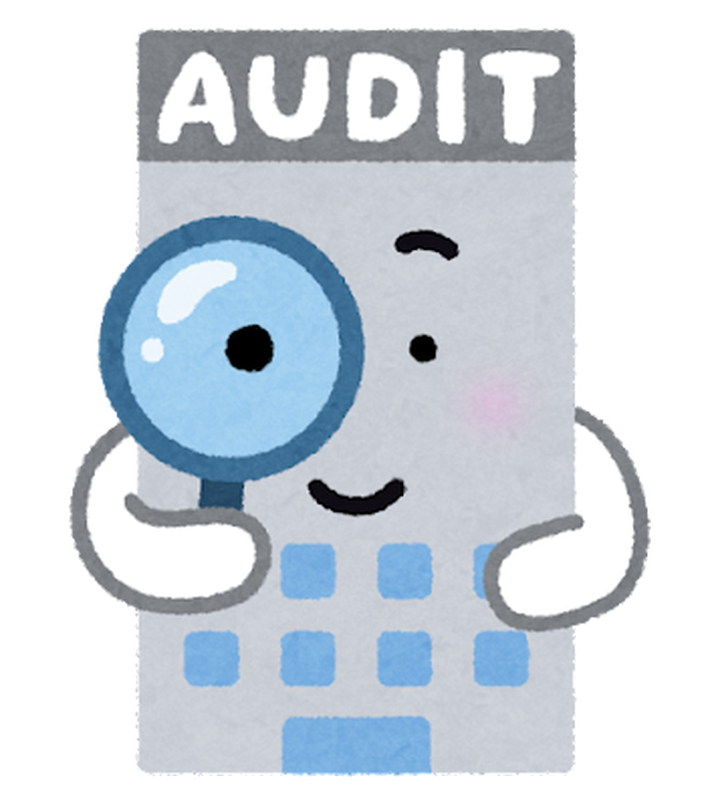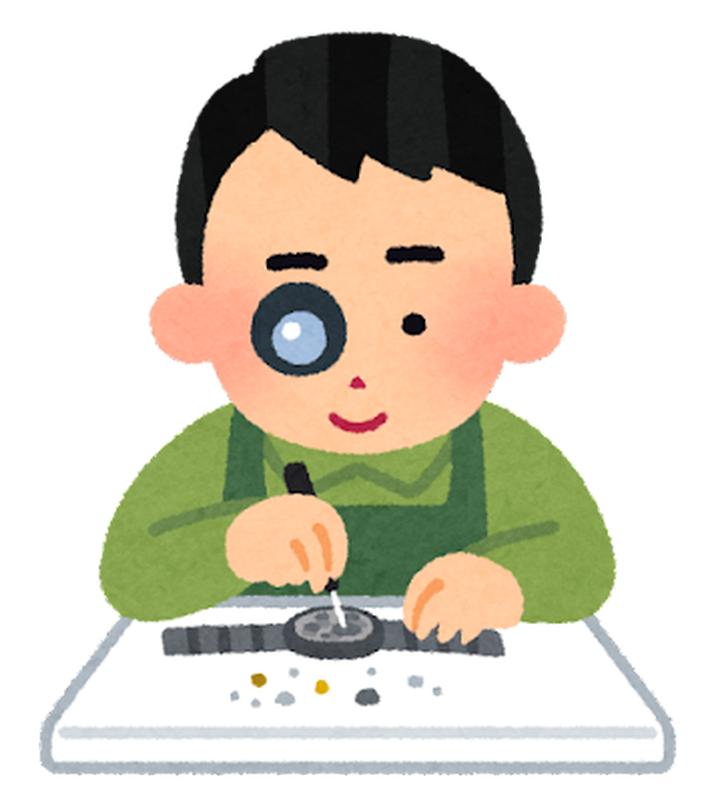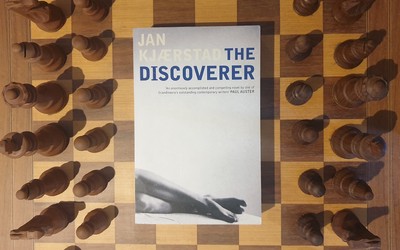
DALL-E
#18: Critical Moments In Chess
Many of your games are decided in 'critical moments’.These are positions where the cost of your next move is high.
- the decision might decide the result of the game
- the position requires deeper calculation/thinking than on other moves.

Let’s look at two examples.
The post-mortem of (potential) critical moments
You can examine particular positions in games through these angles:
- was it a critical moment?
- did the player think it was a critical moment?
- did they end up playing a good move?
- was time a factor in the decision?

In Example 1, Ding’s game,
- it was a critical moment
- he didn’t think it was a critical moment
- he ended up missing a clear win
- time was a factor. Ding decided not to calculate further to save more time for later.
In Example 2, my game,
- it wasn’t a critical moment
- I thought it was a critical moment
- I ended up playing a move which was relatively weak, but still retaining my edge
- time should have been more of a factor. Since the opponent’s responses weren’t forced, it wasn’t practical to spend so much of my remaining time on those lines.
Try looking at moments in your games you thought were important through this lens.
Using the concept forwards rather than backwards
Analysing things in this way can give you some good feedback.
But what you want to know is how or if the concept of critical moments can help you during your games.
In a perfect world,
- you’d be able to sense critical moments
- you’d be able to deliberate on it and make the right choice
- your handling of the clock would allow you to have plenty of time for these moments while also keeping enough time for your play afterwards.
But of course, each of these factors are not givens.
- you might correctly sense a critical moment, but have no time to calculate
- you might correctly sense a critical moment and have time to calculate, but fail to find anything
- you might miss a critical moment and be in time trouble, but still play the best move anyway and win.

Because critical moments contain so many interrelated elements, and we all think at the board in different ways, it’s difficult to boil this concept down into a simple, actionable concept that works even some of the time. However, I do think thinking about your thinking is meaningful, and through the concept of critical moments, you can think about differences in the importance of positions in your chess.
- if you’re always in time trouble, you might be failing to distinguish between when you should think, and when you should play without thinking too much
- if you often blunder even when you have lots of time left, you might be failing to notice when it’s a critical moment that requires serious thought
- if you sense critical moments but often go in the wrong direction because you neglect strategic considerations, you might rely too much on calculation.

Here are a couple of tips if you’re interested in exploring yourself:
- when following a game live or playing through it afterwards where you can see the move times, put yourself in one of the player’s shoes and compare not just your moves with them, but also how much time you spent. A stronger player thinking more or less than you in different positions doesn’t mean they’re right, but you can learn about the differences with your model player by examining and comparing the moments where each of you spent the most time thinking. Stronger players tend to not only be better at calculating, but knowing when to.
- the objective in most of the tactics people focus on solving in training are finding the best move or finding the forced win/draw (as quickly as possible). While this is useful, it’s useful to diversify the nature of positions you’re solving, not only in type of position but goal. On most of your moves during a game, there is no clear win or best move—in most positions, the most important skill you can have is playing healthy moves which doesn’t worsen your chances (more on this in another post!). Being able to go deep even in seemingly boring positions brings dividends.
It seems that events are larger than the moment in which they occur and cannot be entirely contained in it. Certainly they overflow into the future through the memory that we retain of them, but they demand a place also in the time that precedes them. One may say that we do not then see them as they are to be, but in memory are they not modified too?
—Marcel Proust, The Captive/The Fugitive (In Search of Lost Time #5–#6)
If you want to receive posts like this in your inbox, you can subscribe to my newsletter at https://juntaikeda.substack.com/.



